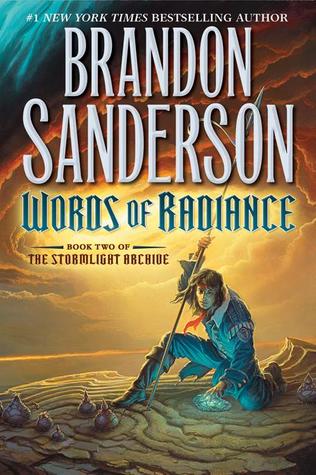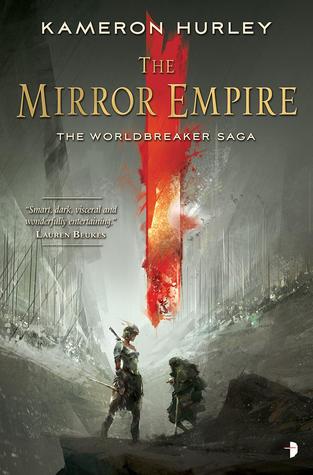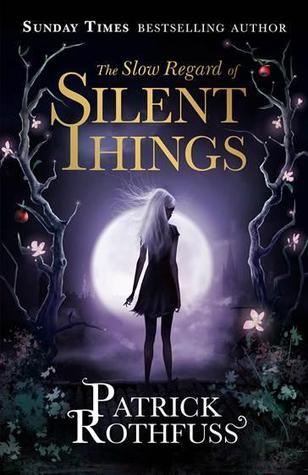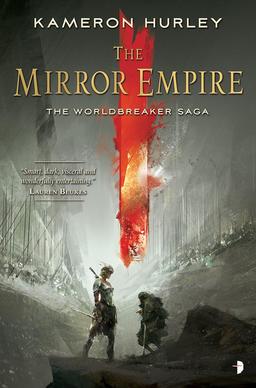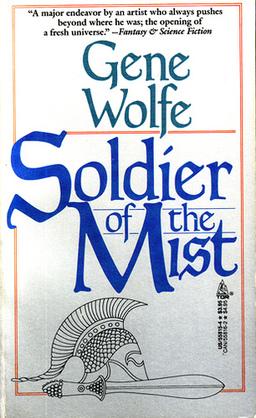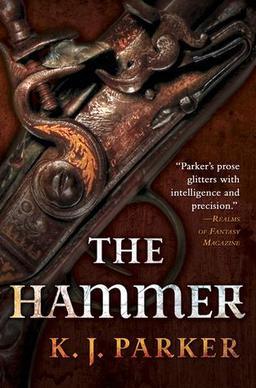Blogging from the Nebulas Weekend
I’m in Chicago, at the 50th Annual Nebula Awards Weekend, and so far, it’s all pretty amazing. For 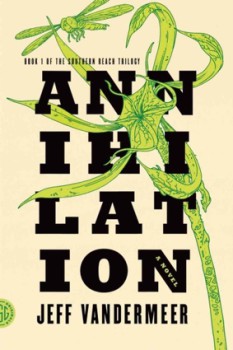 those who don’t know, the Science Fiction and Fantasy Writers of America hold an annual Nebula Awards weekend that feels kind of like a very small fan con, except most of the attendees are SFWA members and networking and casual business discussion dominates.
those who don’t know, the Science Fiction and Fantasy Writers of America hold an annual Nebula Awards weekend that feels kind of like a very small fan con, except most of the attendees are SFWA members and networking and casual business discussion dominates.
My first Nebulas Weekend was in San José two years ago. Chicago is pretty impressive and the hotel, the Palmer House in downtown Chicago, is even moreso. And like at World Fantasy, attendees got loot bags upon arrival, provided by publishers. A small selection of by book bag contains: Tobias Buckell’s Sly Mongoose, an advance proof of Aliette de Bodard’s House of Shattered Wings, Daryl Gregory’s Afterparty, Ken Liu’s Grace of Kings, Nick Cutter’s The Acolyte and many more.
I don’t tend to go to as much programming as I used to at cons; I go more to meet editors, agents, publishers, and other writers, because hey, common interests. This weekend is an exception because the speakers are pretty uniformly the people who are steering the field itself.
I checked out a panel with Sheila Williams (Asimov’s) and Jacob Wiesman (Tachyon Press) about what editors are looking for. This is a bit in the same theme as Neil Clarke’s recent and excellent and data-based post about what he’s looking for at Clarkesworld. Based on the conversation, it struck me how much building Asimov’s each month is like building an anthology, where tone and editorial vision and story offering have to balance.
